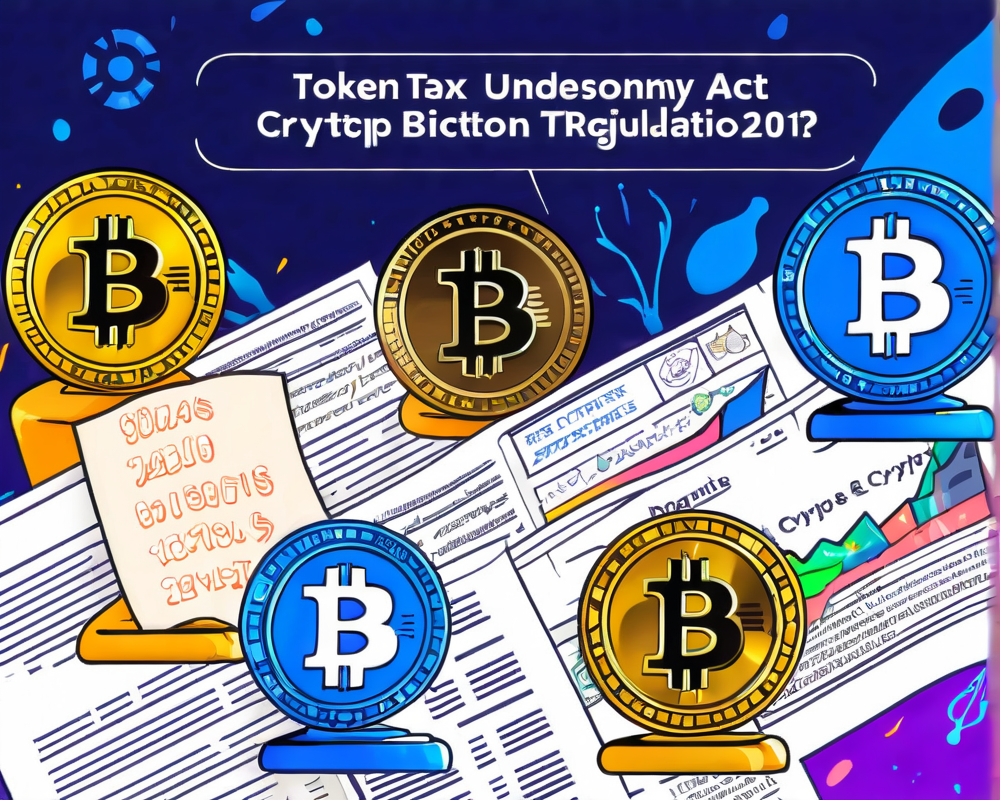A Bi-Partisan Bill in a Polarized World
In a political landscape where compromise seems as rare as finding a Bitcoin at the bottom of your sock drawer, any bill that includes sponsorship from both sides of the aisle is like a unicorn at a rodeo. Enter H.R. 1628, the Token Taxonomy Act of 2021, introduced by Representative Warren Davidson and co-sponsored by a colorful cast of characters. The bill aims to bring some much-needed clarity to the wild west of the crypto space.
What’s in the Bill? The Nitty-Gritty
At its core, the Act proposes that “digital tokens” be exempt from the definition of a security. Talk about a glow-up! But wait, there are requirements:
- Tokens must originate from transaction validation or development rules that no one can change unilaterally.
- Transaction histories should be recorded on a distributed ledger.
- Records should be immutable after consensus.
- Tokens have to be transferable in peer-to-peer manners.
- They should not be tied to traditional financial interests.
According to Davidson, this bill is a beacon of regulatory clarity amidst the murky waters of crypto. He even claims that if this had been passed earlier, it might’ve prevented the SEC’s lawsuit against Ripple Labs. Now, wouldn’t that have been a plot twist?
Let’s Talk Bitcoin: The Golden Child of Crypto
Bitcoin, the OG of crypto, stands to benefit significantly from this bill. Its mining-centric creation process checks the boxes for all the requirements laid out. Transaction histories on the blockchain? Check! A decentralized consensus process? Double-check! No traditional company ties? Triple-check! Under this bill, Bitcoin gets a free pass from being categorized as a security.
XRP: Ripple Effect or Ripple Rejected?
Now onto Ripple’s XRP, which sounds like it should have the same privileges as Bitcoin. But alas, its journey is fraught with complications. XRP’s supply was pre-created, meaning it doesn’t satisfy the first requirement of being generated through transaction verification. The SEC’s ongoing battle with Ripple indicates that XRP might not qualify as a “digital token.” Is Ripple on a sinking ship? Only time will tell.
What About Facebook’s Libra?
Facebook’s Libra (now renamed) was intended to be a stablecoin with its value pegged to a basket of real-world fiat currencies. However, it, too, might not qualify as a digital token due to its centralized governance model. Who knew decentralized finance would come with a side of governance issues?
Conclusion: Is This a Good Idea?
Removing digital tokens from the security definition certainly has its perks: clearer guidelines and harmony across state laws. But let’s not kid ourselves; it also raises red flags in a landscape plagued by fraud. While the bill might simplify matters, it’s crucial to keep our guard rails in place. We would not want to throw the digital baby out with the bathwater, would we? Remember, clarity and caution are the names of the game.




